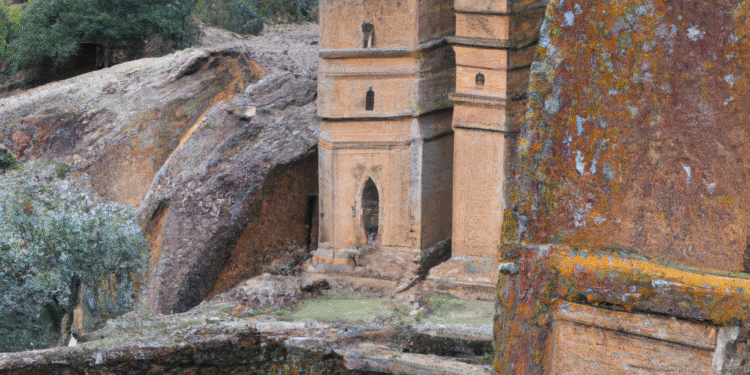A Brief Glimpse into the Rich History of Ethiopia
Ethiopia, often referred to as the 'Cradle of Mankind,' is a country remarkable for its distinctive traditions, culture, and history. This article will shed light on various aspects of Ethiopian history, from its ancient beginnings to its modern development.
Prehistoric Ethiopia
Ethiopia's historical narrative begins with the story of human evolution. The region is home to some of the earliest known hominid remains, making it a significant location in terms of human history and development.
• <b>Lucy:</b> Discovered in 1974, the remains of 'Lucy,' an Australopithecus afarensis, provide evidence of the early stages of human evolution. Lucy is estimated to have lived around 3.2 million years ago.
• <b>Homo sapiens:</b> Ethiopia is also the location of some of the earliest Homo sapiens fossils, dated approximately 160,000 years ago, further reinforcing the country's central role in human evolution.
The Ancient Kingdoms
Ancient Ethiopia was home to several powerful empires and kingdoms, demonstrating a rich and vibrant past.
• <b>Aksumite Empire:</b> The Aksumite Empire, flourishing from the 1st to the 7th century AD, was one of Africa's greatest ancient civilizations. Known for its impressive obelisks and coinage system, the Aksumite Empire played a vital role in trade between the Roman Empire and Ancient India.
• <b>Zagwe Dynasty:</b> The Zagwe Dynasty, recognized for its rock-hewn churches, ruled from the 12th to the 13th century. The most famous of these churches, Lalibela, is a UNESCO World Heritage site today.
The Modern Era
The 20th century brought significant political changes to Ethiopia, shaping the country as we know it today.
• <b>Italian Occupation:</b> From 1936 to 1941, Ethiopia was under Italian occupation. The Battle of Adwa in 1896, however, saw Ethiopia's victory over Italy, marking one of Africa's few successful resistances against colonial rule.
• <b>Imperial Rule and Revolution:</b> In 1941, Emperor Haile Selassie regained power, ruling until the 1974 revolution led to his deposition and the establishment of a socialist military government known as the Derg.
• <b>Modern Ethiopia:</b> In 1991, the Ethiopian People's Revolutionary Democratic Front (EPRDF) overthrew the Derg, leading to the formation of the Federal Democratic Republic of Ethiopia.
Conclusion
Ethiopia's history is as diverse and complex as the country itself. From its role as the 'Cradle of Mankind' to the birthplace of powerful ancient empires, Ethiopia's historical narrative is steeped in intrigue and fascination. This history has significantly shaped the culture, society, and politics of modern Ethiopia, making it a unique and captivating country on the African continent.




